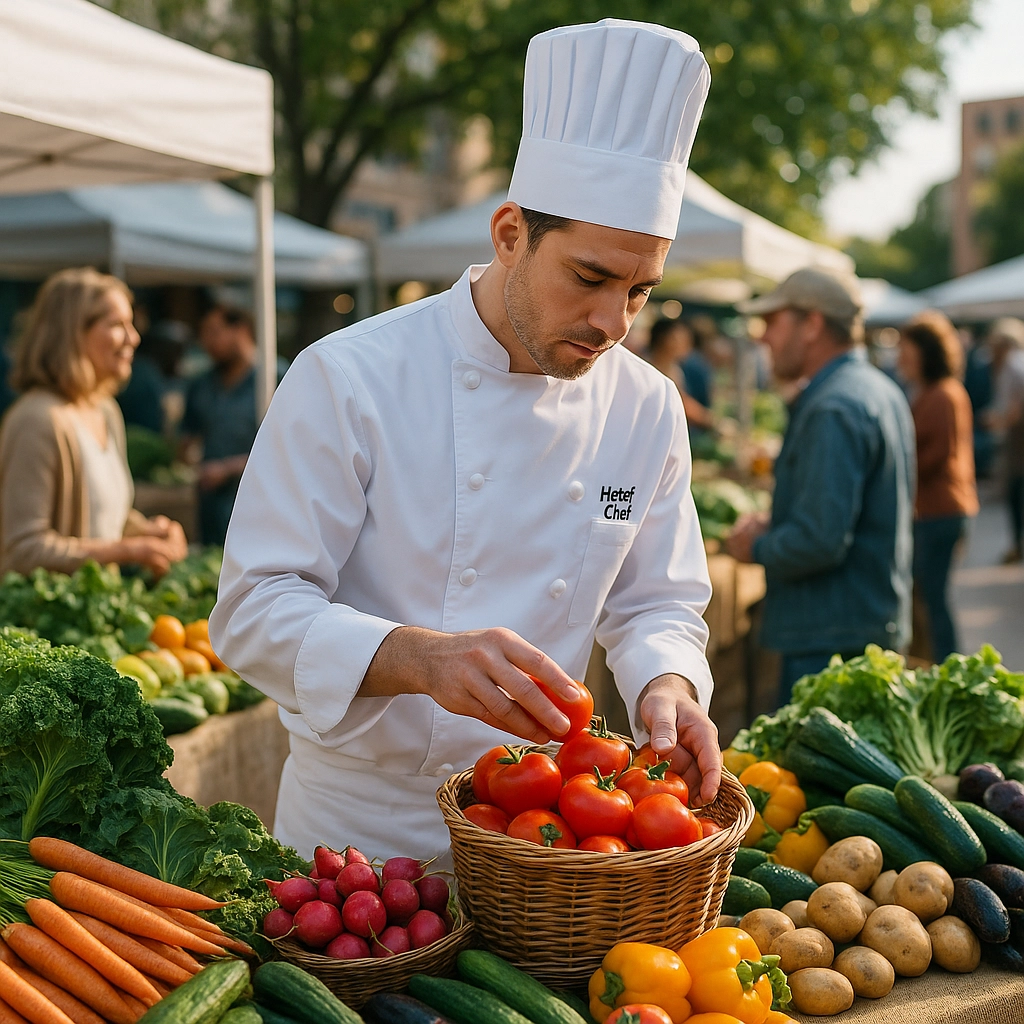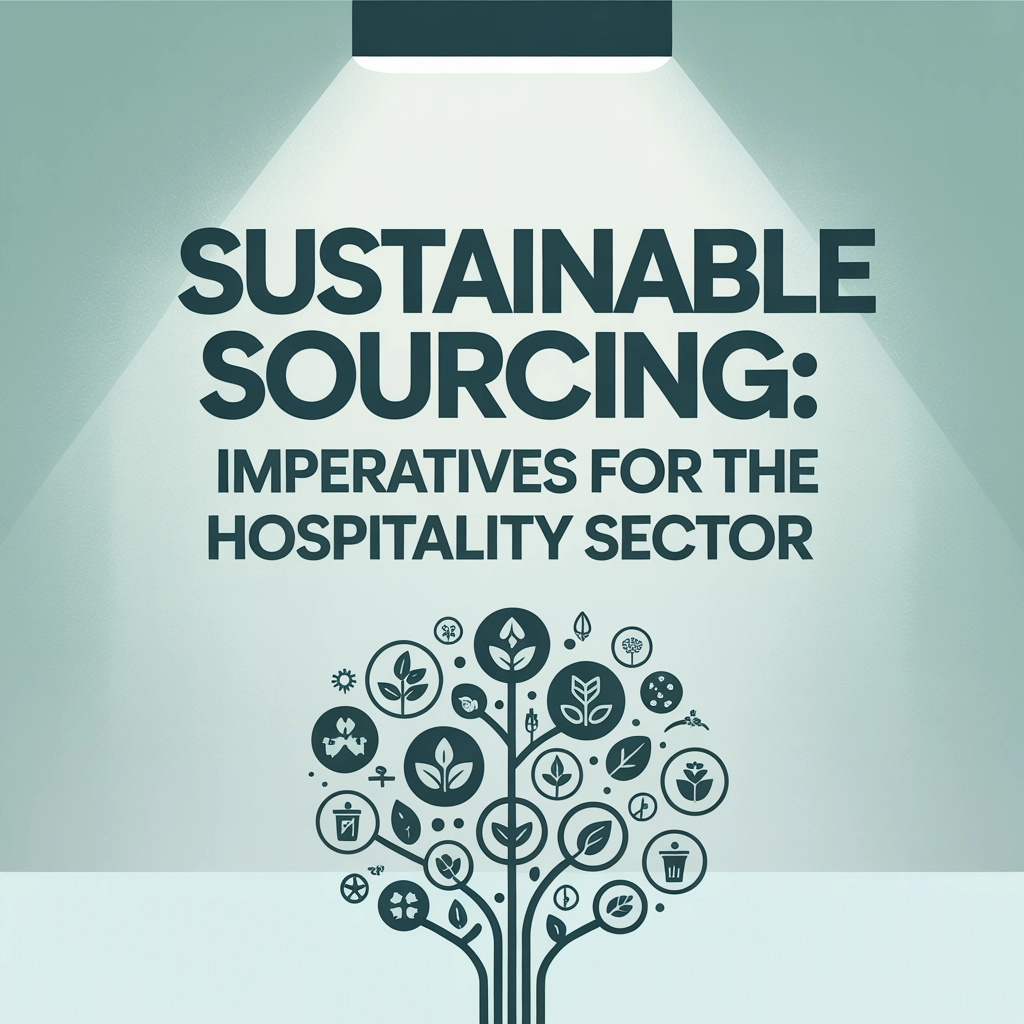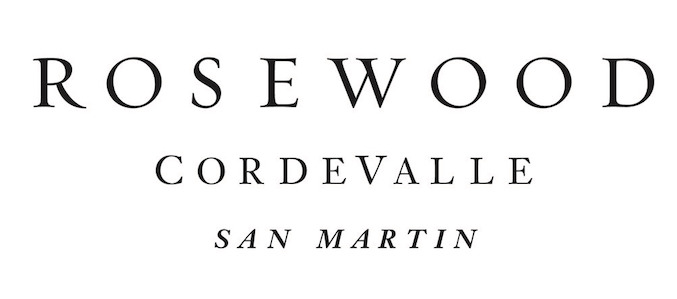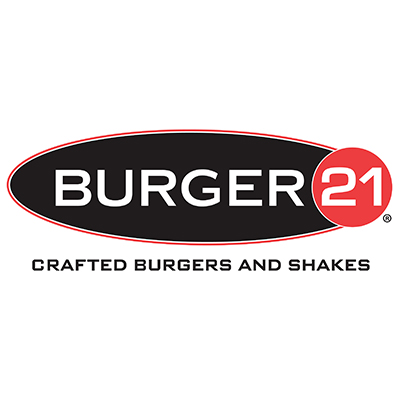Sustainable sourcing isn't a buzzword—it's a core business imperative for today’s hospitality leaders. Whether you manage a boutique hotel, run a restaurant group, or oversee a national brand, the way you source food, beverages, and operational supplies now impacts not just your environmental footprint but your brand reputation, customer loyalty, and long-term profitability. Here’s a concise industry analysis from an expert perspective, focused on clear actions and immediate opportunities.
What Is Sustainable Sourcing in Hospitality?
At its heart, sustainable sourcing means choosing products and services that help create positive environmental, social, and economic value throughout their lifecycle. In hospitality, this goes well beyond assessing ingredient origins—it involves every area of purchasing and procurement, from food staples and beverage programs to uniforms, cleaning supplies, amenities, and even how you design your supplier network. 
Three core pillars define sustainable sourcing for our sector:
- Environmental stewardship: Sourcing with the goal to minimize resource depletion, waste, and emissions.
- Social responsibility: Prioritizing ethical labor, fair trade, and safe working environments both directly and with all vendors.
- Economic vitality: Supporting local economies, ensuring transparency, and creating shared value throughout the supply chain.
Why Is Sustainable Sourcing Imperative for Hospitality Businesses?
Brand Trust and Consumer Demand: Savvy guests and corporate clients are voting with their wallets for businesses that share their values. According to numerous global surveys, transparency and clear sustainability credentials increasingly influence booking decisions and venue selection.
Cost Management and Efficiency: Long-term cost savings result from optimized procurement, waste reduction, and better supplier relationships. Global research shows companies that embed sustainability into sourcing realize operating cost reductions of up to 10%. Where sustainable practices once seemed like premium options, they’ve become powerful operational levers.[^1]
Regulatory and Risk Considerations: Governments are raising the bar with new standards for sourcing, packaging, waste, and reporting. Building robust ESG (Environmental, Social, and Governance) policies into procurement now protects against supply chain disruptions and reputational risk.
Market Value: Organizations with a strong reputation for responsible sourcing see 10–20% faster growth and higher valuation, as seen across leading hospitality brands and corroborated in recent ESG-focused investor reports.[^2]
Key Areas for Sustainable Sourcing Success
1. Food & Beverage Purchasing
This is the most visible and impactful area to start. Source locally and seasonally whenever possible to decrease transit emissions and ensure produce freshness. Work with vendors who provide traceability and transparency in their sourcing—including certifications such as USDA Organic, Fair Trade, and Rainforest Alliance.
Action steps:
- Audit your current supply chain for sustainability credentials.
- Set clear guidelines for future vendors.
- Track supplier compliance through digital procurement tools.
Want to learn more about sustainable beverage trends? Check out how brands like Caliwater are innovating plant-based hydration.
2. Non-Food Procurement & Operational Supplies
Don’t forget uniforms, cleaning products, guest amenities, and packaging. Favor suppliers using renewable, recycled, or biodegradable materials and prioritize durability over short-term price wins. Energy-efficient appliances and water-saving fixtures should be standard.
Action steps:
- Specify sustainable packaging and product materials in RFPs and contracts.
- Identify hotspots for single-use plastics and phase them out.
- Consider lifecycle costing in all procurement decisions—not just up-front price.
3. Building Effective Supplier Partnerships
Success in sustainable sourcing relies on strong supplier relationships and open communication. Establish formal procurements policies, code of conduct, and comprehensive supplier scorecards to monitor and improve sustainability performance. See more tips on supplier management in our procurement solutions coverage.
Action steps:
- Hold regular sustainability meetings with key vendors.
- Share your governance policies and require supplier alignment.
- Incentivize innovation by prioritizing suppliers bringing new sustainable solutions.
4. Embracing Industry Certifications
Certifications like LEED (for facilities), Fair Trade, and Rainforest Alliance aren’t just window-dressing; they offer trusted standards and frameworks. They simplify supplier vetting and are increasingly expected by corporate accounts and group travel planners.
Action steps:
- Offer visible sustainability certifications to guests and stakeholders.
- Train purchasing staff on certification criteria and ensure procurement aligns accordingly.
5. Monitoring, Measurement, and Reporting
Make sustainability measurable. Modern procurement platforms make tracking ESG indicators easier than ever. Set annual sourcing goals, publish progress, and use independent audits to verify claims. Your transparency is part of the brand story.
Action steps:
- Use digital procurement tools to monitor sustainability KPIs.
- Share progress updates with staff and guests.
- Align reporting with frameworks like the Global Reporting Initiative (GRI).
Overcoming the Challenges
A few practical hurdles exist—cost perception, access to local goods, and sometimes lower volume purchasing power with mega-suppliers. But creative solutions abound:
- Group purchasing organizations (GPOs) can leverage combined hospitality buying power to negotiate better terms for sustainable products.
- Partnerships with food hubs and local aggregator networks make local sourcing practical even for larger properties.
- Technology platforms are streamlining supplier discovery and compliance tracking.

The Long-Term Payoff
The business case is clear: sustainable sourcing leads to stronger brands, greater operational resilience, and meaningful environmental and social impact. As regulations advance and consumer scrutiny grows, sustainable sourcing will shift from a “nice-to-have” to a hard requirement for every successful hospitality business.
Set your property, restaurant, or group brand apart by embedding these leadership imperatives today:
- Commit to sustainable procurement at the highest level of the organization.
- Appoint sustainability champions throughout your procurement and supply chain teams.
- Tell your story—use internal and external channels to highlight your progress and invite stakeholder feedback.
- Review, refine, and recommit annually as standards and guest expectations continue to evolve.
For ongoing expert coverage and practical tools, visit Food & Beverage Magazine.
Ready to level up your sourcing strategy? Share your challenges or successes in the comments—let’s build a more responsible hospitality industry together.
Written by Michael Politz, Author of Guide to Restaurant Success: The Proven Process for Starting Any Restaurant Business From Scratch to Success (ISBN: 978-1-119-66896-1), Founder of Food & Beverage Magazine, the leading online magazine and resource in the industry. Designer of the Bluetooth logo and recognized in Entrepreneur Magazine's “Top 40 Under 40” for founding American Wholesale Floral. Politz is also the founder of the Proof Awards and the CPG Awards and a partner in numerous consumer brands across the food and beverage sector.
[^1]: For further supplier relationships and procurement policy insights, see Innovative Chefs: Labor Cost Solutions and research from McKinsey & Company.
[^2]: ESG impact and sustainability benchmarks can be explored in depth via Harvard Business Review and FB101’s industry reports.









